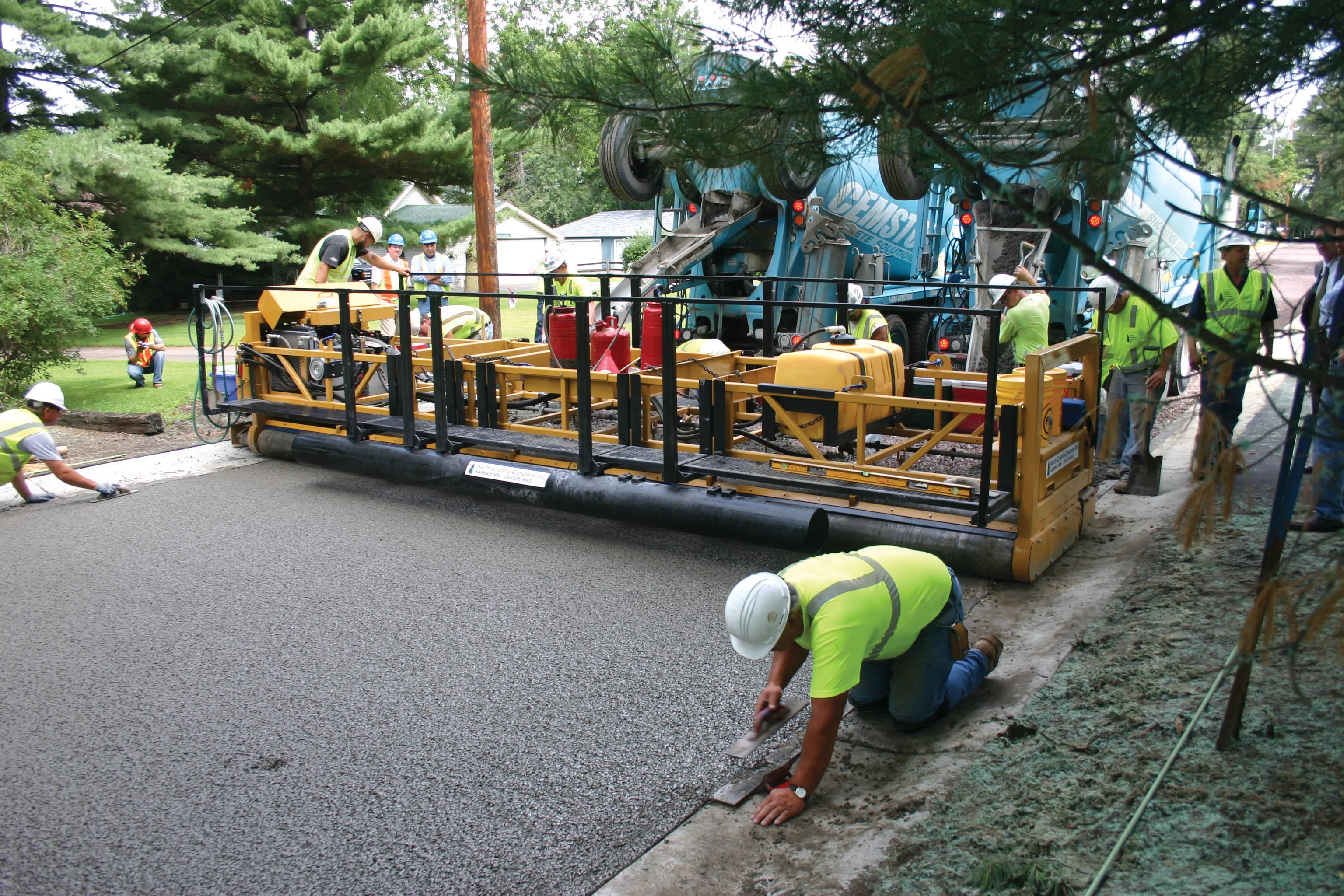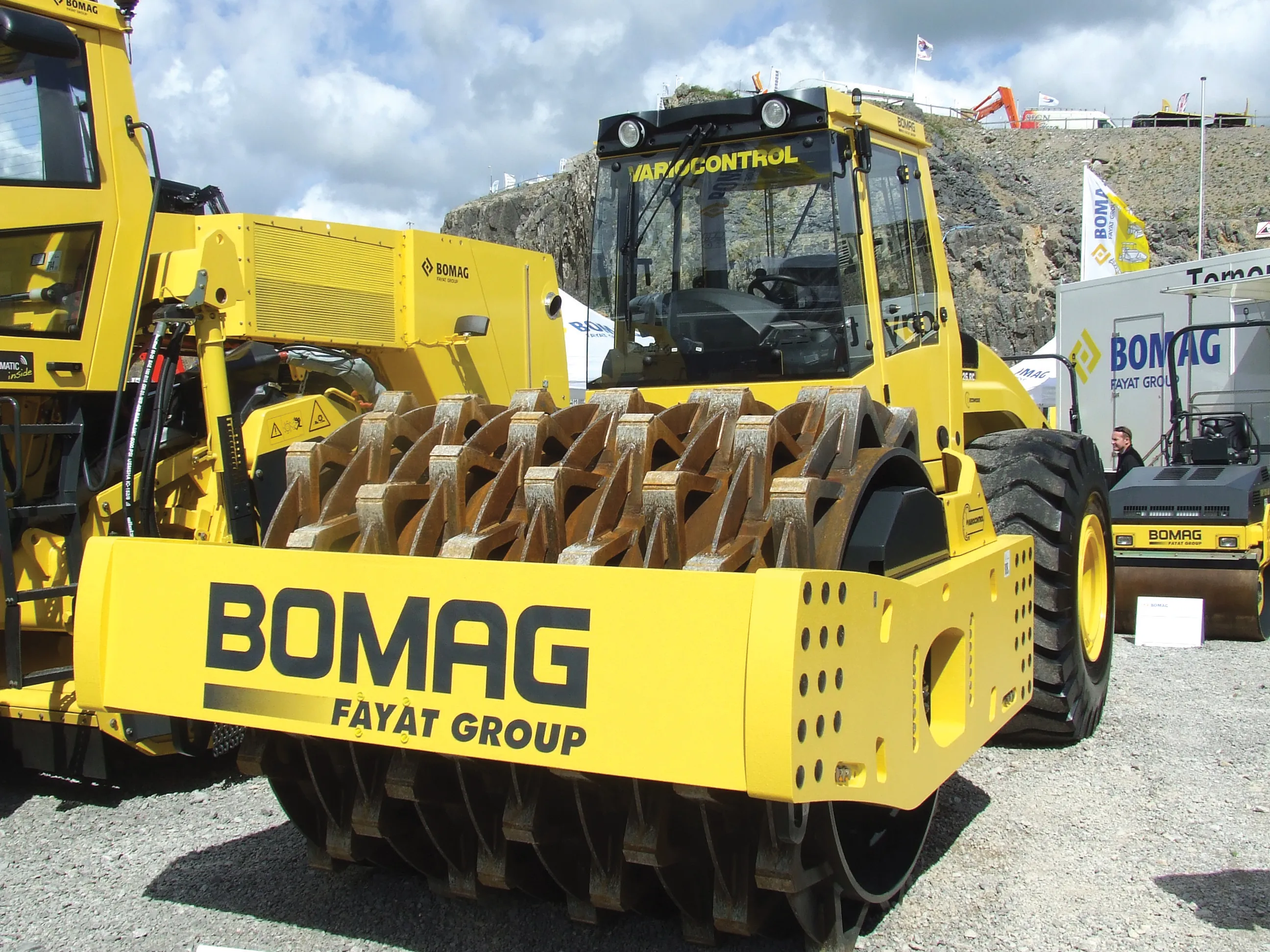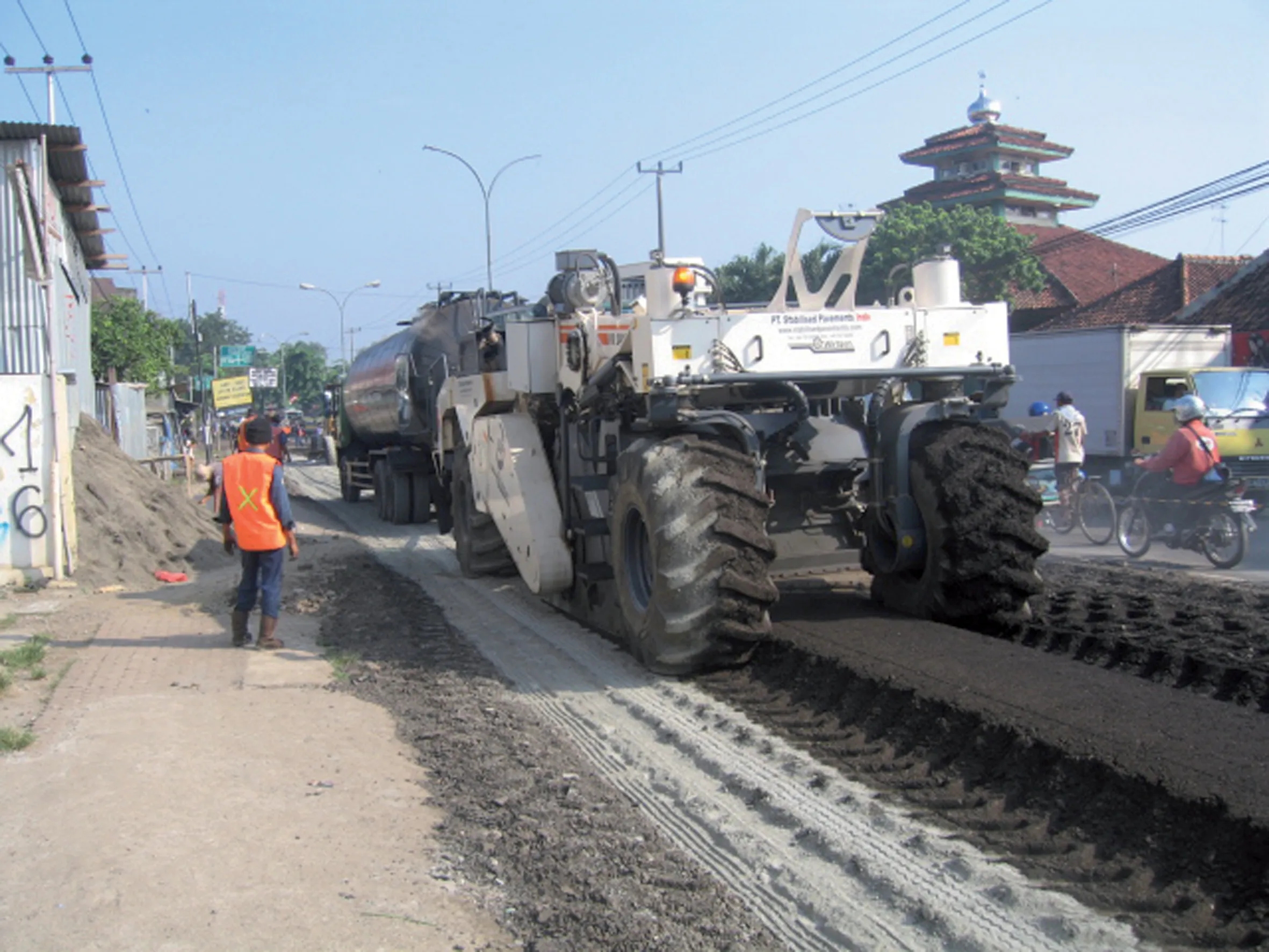MINNESOTA CITIES including Minneapolis and Richfield have been testing pervious concrete on parking lots and other hard surfaces to improve storm water management. In Shoreview MN, the authorities went a stage further by opting to replace a storm drainage system with pervious concrete.
April 10, 2012
Read time: 2 mins

MINNESOTA CITIES including Minneapolis and Richfield have been testing pervious concrete on parking lots and other hard surfaces to improve storm water management. In Shoreview MN, the authorities went a stage further by opting to replace a storm drainage system with pervious concrete. The project includes the reconstruction of five streets in the Woodbridge neighbourhood totalling around 1.6km of pervious concrete streets. Local firm 1230 Cemstone supplied the 1,412m3 of pervious concrete for this project. The pervious concrete was paved 178mm thick and 6.4m wide between two surmountable kerbs. The pervious concrete was placed over 457mm of crushed aggregate base which will allow the storm water to drain through the pervious concrete and filter through the aggregate before re-entering the soil beneath. The job was awarded to North Country Concrete, which decided to use an Allen Model 255CD Triple Roller Tube Paver from 156 Allen Engineering. The paver has a strike-off tube that continuously pushes the excess concrete in front of the machine and two full length drive roller tubes for compaction. The strike-off tube has a vertical adjustment which was set at 19mm above finish grade and the contractor explained that this allowed the machine to achieve high compaction, boosting the durability of the pavement.









